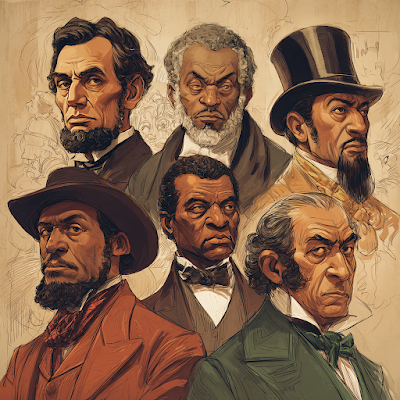Today is Juneteenth holiday. For decades, Juneteenth was celebrated mainly within Black communities. In 2021, it became a federal holiday in the United States—an overdue acknowledgment of one of the most pivotal moments in American history.
The History Behind Juneteenth
• January 1, 1863 – President Abraham Lincoln issued the Emancipation Proclamation, declaring all enslaved people in Confederate states legally free.
• But in reality, freedom didn’t reach everyone immediately. Many slaveholders in remote areas, especially in Texas, ignored or resisted the order.
• June 19, 1865 – Over two years later, Union General Gordon Granger arrived in Galveston, Texas, with federal troops. He announced General Order No. 3, which proclaimed that all enslaved people were now free.
“The people of Texas are informed that, in accordance with a proclamation from the Executive of the United States, all slaves are free.”
What is Freedom?
At its core, it means the power to choose—to act, speak, think, and live according to your own will, without undue restraint.
But freedom isn’t just one thing. It takes many forms:
1. Personal Freedom
The ability to make decisions about your own body, beliefs, and actions. It’s walking your own path, wearing what you want, choosing whom you love, and dreaming your own dreams.
2. Political Freedom
The right to have a voice in how you’re governed—voting, protesting, expressing opinions without fear, and having access to justice.
3. Economic Freedom
The opportunity to work, earn, own property, and improve your life through your efforts, without exploitation or oppression.
4. Psychological Freedom
Freedom from fear, guilt, shame, and internalized oppression. It’s the quiet, inner space where you are allowed to be exactly who you are.
If you love someone, let them be free. And watch them blossom into their most authentic self.



